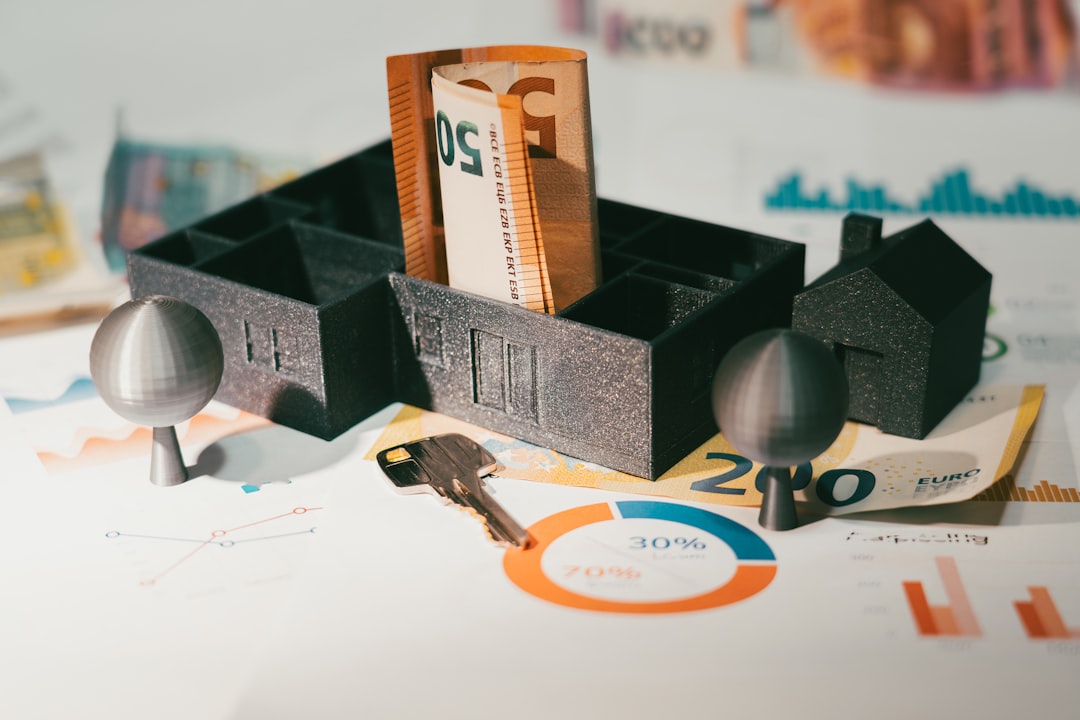Debt Consolidation Mortgages offer a strategic way to manage multiple high-interest debts by using property as collateral, providing financial relief and potential interest savings. However, this option carries the significant risk of property loss if payments are missed, emphasizing the need for a robust repayment plan and stable income to mitigate default risks. Thorough financial planning is crucial to avoid negative outcomes.
“Considering debt consolidation mortgages? Discover the pros and cons of using your property as collateral. This comprehensive guide explores secured consolidation loans, breaking down benefits like lower interest rates and simplified payments, alongside potential risks such as increased borrowing costs and risk of foreclosure. Learn how to weigh these factors for your unique financial situation, making an informed decision on debt consolidation mortgages.”
- Understanding Secured Consolidation Loans
- Using Property as Collateral: Benefits
- Potential Drawbacks and Risks
- Weighing the Pros and Cons for Your Situation
Understanding Secured Consolidation Loans

Secured consolidation loans are a type of financial instrument designed to help individuals manage their debt more effectively. This loan involves using your property, such as your home or land, as collateral to secure the loan amount. The primary goal is to consolidate multiple high-interest debts into a single loan with a potentially lower interest rate and more manageable terms. This approach can simplify repayment by combining several debts into one fixed monthly payment.
When considering debt consolidation mortgages, it’s crucial to understand that while this method can offer financial relief and save on interest over time, there are significant risks involved. The most considerable disadvantage is the potential for losing your property if you fail to make payments as agreed. This makes it essential for borrowers to have a solid repayment plan and a steady income stream to avoid defaulting on the loan.
Using Property as Collateral: Benefits

Using your property as collateral for a secured consolidation loan offers several benefits, especially when it comes to managing and reducing debt. Firstly, it allows individuals to consolidate multiple high-interest debts into a single repayment, simplifying financial management. This is particularly advantageous for those with credit card debts or various loans, as it streamlines the payment process.
Additionally, these mortgages often provide lower interest rates compared to unsecured debt options, significantly reducing long-term borrowing costs. It’s a popular strategy for homeowners looking to get out of debt faster and save on interest expenses. The security of a property serves as assurance for lenders, making it easier for borrowers to access substantial loan amounts that can effectively tackle their financial obligations.
Potential Drawbacks and Risks

While Debt Consolidation Mortgages can offer a clear path to financial management by combining multiple debts into one with a potentially lower interest rate, there are potential drawbacks and risks to consider. One significant risk is the use of your property as collateral. This means if you fail to make payments on the new mortgage, you could face foreclosure, putting your home at risk.
Additionally, these loans often have strict repayment terms, and any missed or late payments can trigger penalties and increase interest rates. The process itself can also be complex and time-consuming, requiring thorough financial planning and a clear understanding of the loan conditions to avoid adverse outcomes.
Weighing the Pros and Cons for Your Situation

When considering a secured consolidation loan, it’s crucial to weigh both the advantages and potential drawbacks for your unique financial situation. On one hand, these loans offer a straightforward path to debt consolidation by using your property as collateral, potentially lowering your interest rates and monthly payments compared to credit card debt or other unsecured loans. This option can simplify your finances, allowing you to focus on repaying a single loan with more manageable terms.
However, the risks associated with secured consolidation loans are significant. If you default on the loan, lenders have the right to seize and sell your property, potentially leading to foreclosure. Therefore, it’s essential to thoroughly assess your ability to consistently make payments without facing financial hardship or unexpected life events that could disrupt your repayment plan.
Secured consolidation loans can be a powerful tool for managing debt, especially with the added security of using your property as collateral. While this option offers significant benefits like lower interest rates and improved repayment terms, it also carries potential risks, including the risk of losing your home if you default. Weighing these pros and cons carefully will help you make an informed decision about whether a secured debt consolidation mortgage is the right choice for your financial situation.
